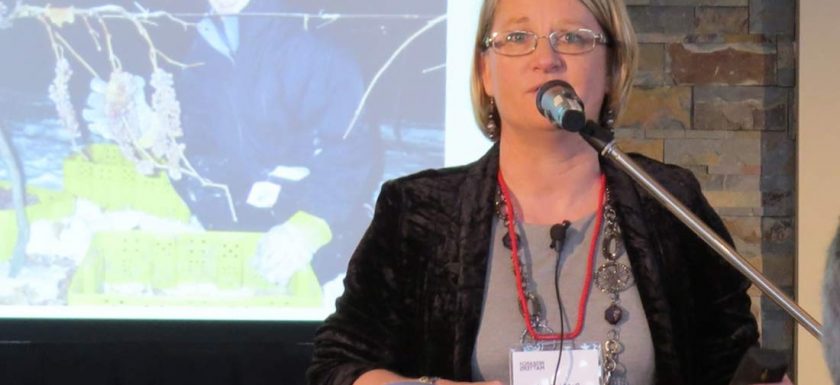Brock University recently hosted an insightful research panel to discuss and share their vision of life in the year 2030. Drawing upon the expertise of leading scholars and experts from various fields, the panel aimed to explore potential advancements, challenges, and opportunities that may shape our lives over the next decade. The event provided a glimpse into the future, offering attendees valuable insights to better prepare for the world that lies ahead.
The Interdisciplinary Approach
To paint a comprehensive picture of life in 2030, the research panel adopted an interdisciplinary approach, bringing together experts from diverse backgrounds such as technology, economy, healthcare, education, and the environment. This approach allowed for a more holistic understanding of the potential societal, economic, and technological transformations that could occur in the coming years.
Technological Innovations and Artificial Intelligence
One of the key focal points of the panel discussion revolved around technological advancements and the increasing role of artificial intelligence (AI) in various aspects of life. Experts predicted that by 2030, AI will have profoundly impacted industries, leading to increased automation, improved healthcare diagnostics, and more personalized learning experiences. While acknowledging the potential benefits, the panel also explored the ethical implications of AI integration and the importance of ensuring ethical guidelines and responsible use of these technologies.
Sustainable Development and Climate Change Mitigation
Addressing the global concern of climate change, the panel discussed the critical need for sustainable development practices to combat environmental challenges. By 2030, experts anticipate that renewable energy sources will play a more significant role in powering communities, alongside sustainable urban planning and a growing focus on circular economies. The panel emphasized the urgent need for collective efforts to mitigate the impact of climate change and create a more sustainable future for generations to come.
Education and Lifelong Learning
In envisioning life in 2030, the research panel highlighted the transformation of education and the importance of lifelong learning. Advancements in technology and AI are expected to reshape traditional education systems, making learning more personalized, accessible, and adaptive to individual needs. Lifelong learning is poised to become an integral part of professional development, as careers and industries evolve rapidly. Embracing continuous learning will be crucial for individuals to remain adaptable and competitive in the ever-changing job market.
Economic Trends and Globalization
The research panel delved into potential economic shifts and the impact of globalization in 2030. Experts predicted that economic borders would become more porous, with increased cross-border collaboration and trade. Additionally, the rise of digital currencies and blockchain technology is likely to revolutionize financial systems and transactions. Amid these changes, the panel emphasized the need for fostering global cooperation to address economic disparities and create inclusive growth.
Challenges and Opportunities
Throughout the discussion, the research panel recognized that the vision of life in 2030 is not without its challenges. Issues such as cybersecurity threats, data privacy concerns, and socioeconomic inequalities were acknowledged as areas that require careful attention and proactive measures. However, the panel also emphasized the plethora of opportunities that lie ahead in fields such as sustainable innovation, personalized healthcare, and breakthrough technologies.
The research panel hosted by Brock University offered a thought-provoking and insightful glimpse into life in 2030. The interdisciplinary approach allowed for a comprehensive examination of potential developments across various domains. As the world continues to evolve, it is crucial for individuals, communities, and policymakers to stay informed, adapt to change, and collectively work towards creating a future that is equitable, sustainable, and technologically advanced. By learning from the shared vision of experts, we can better navigate the challenges and seize the opportunities that lie ahead in this dynamic and transformative decade.

